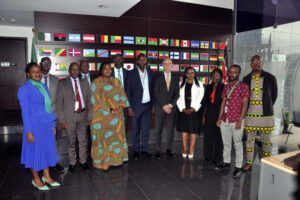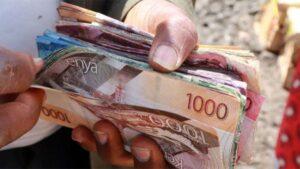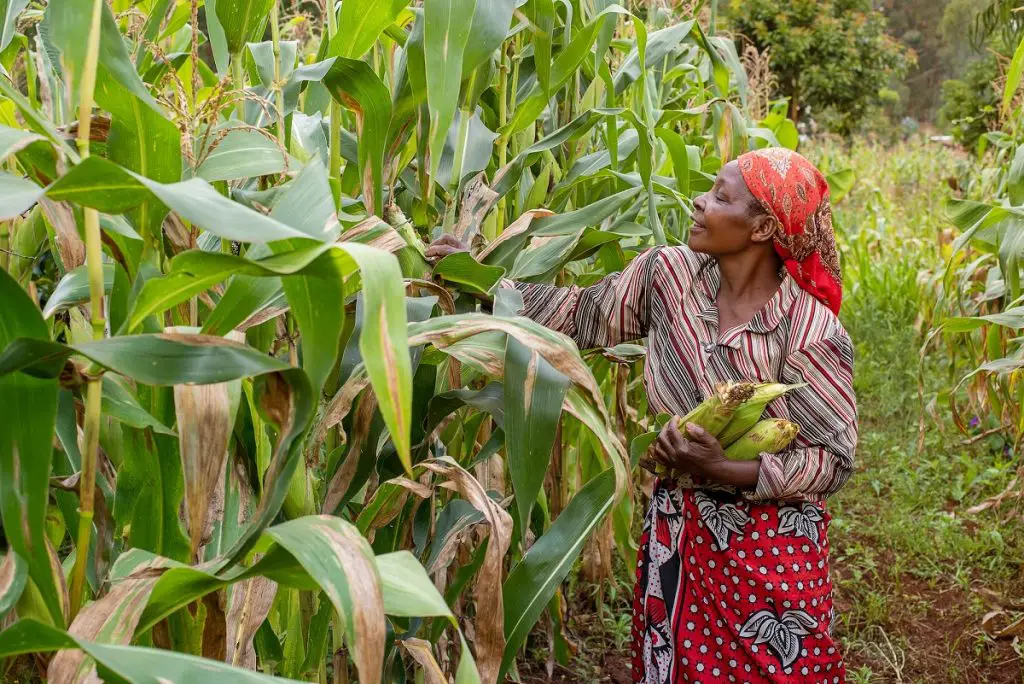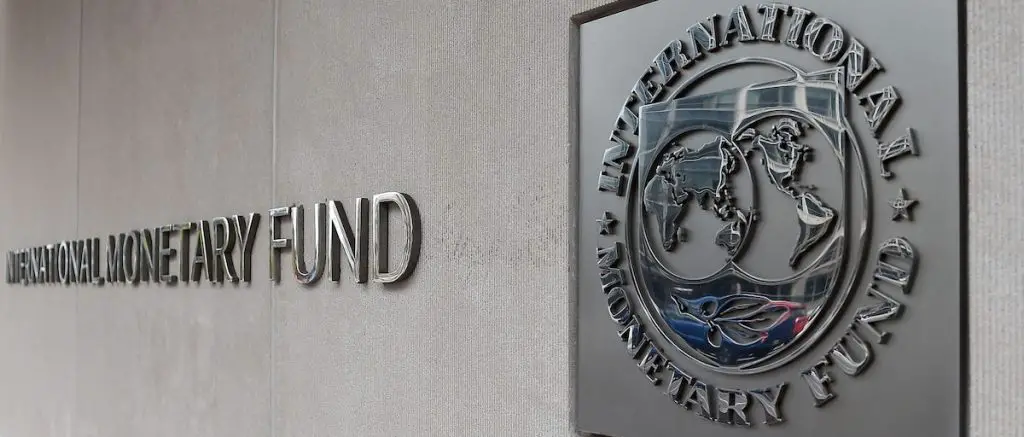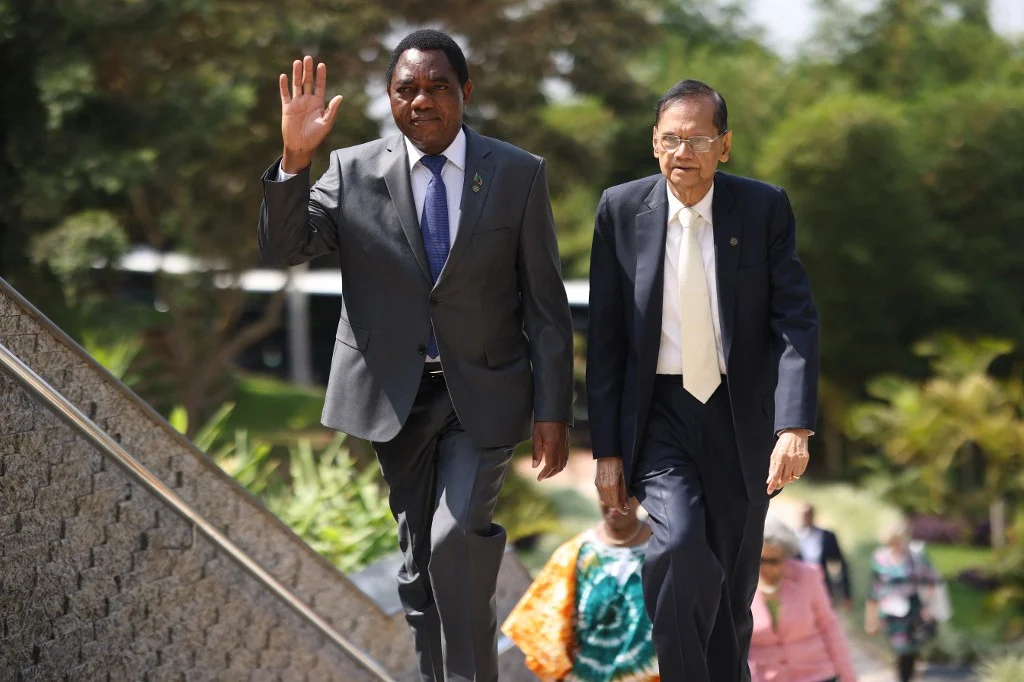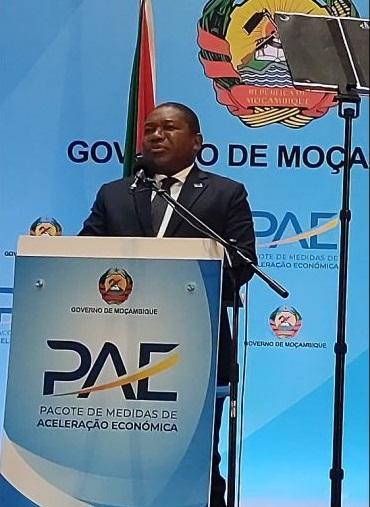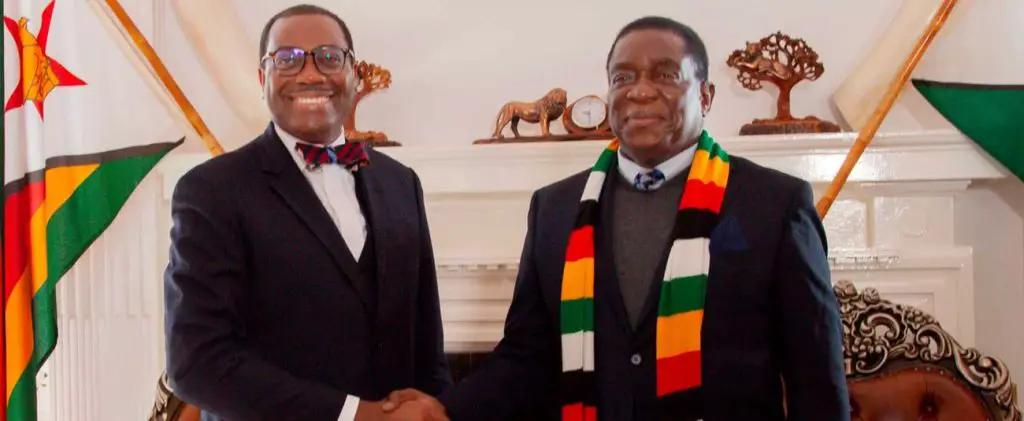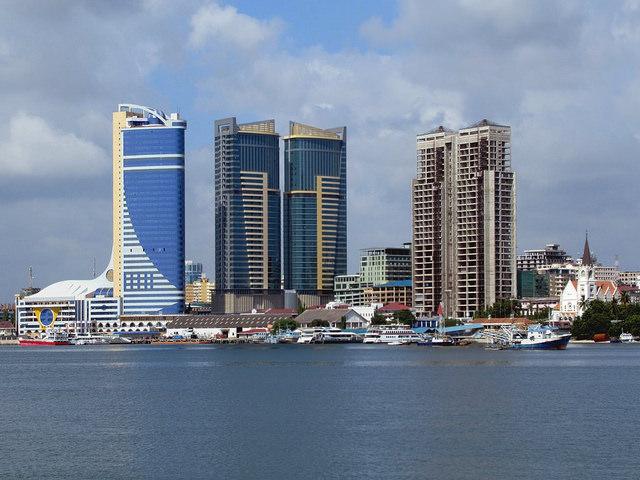- Kenyan Farmers Receive $2M Boost from Africa Fertiliser Financing Mechanism
- Brace for High Interest Rates for a Longer Period World Bank Warns Kenya
- Kenya-Ethiopia Trade Relations: Legislators Advocate for Policy Alignment to Boost Ties
- Visualising the state of debt in Africa 2024
- Abu Dhabi radiates optimism as over 300 startups join AIM Congress 2024
- TLcom Capital Raises $154 million in Funding to Boost Its African Growth
- Africa’s $824Bn debt, resource-backed opaque loans slowing growth — AfDB
- LB Investment brings $1.2 trillion portfolio display to AIM Congress spotlight
Browsing: IMF
South Korean industry began with the production of textiles and footwear and then moved into heavy industries like steel, heavy equipment, ships, petrochemicals, electronics, and automobiles by the 1980s.
Africa needs to follow the economic lead of countries like South Korea that developed into advanced states through export-led economic growth and the development of strong domestic economies. South Korea committed to rapid industrialization. This is what caused the economy to take off. However, it is important to note that economic development was also set in motion by leaders who implemented land reform and educational development.
Oxford Research notes, “Industrialization was characterized by a close pattern of cooperation between the state and large family-owned conglomerates known as chaebǒls. This close relationship continued after the transition to democracy in the late 1980s and 1990s but after 1987, labour emerged as a major political force, and rising wages gave further impetus to the …
The rising commodity prices, surging inflationary pressures, and the contracting global financial situation have risked African trade and production capabilities. Moreover, the rising threat of sovereign defaults poses a severe risk to the growth of African trade. Thus, African trade prospects remain unclear, considering the challenging global economic scenario.
The Covid-19, energy and food shortages have hit with the countries having minimal or no policy space to respond. As a result, African countries have fallen into a real risk of debt distress and even possibilities for sovereign debt default.…
In terms of foreign exchange reserves, according to HM Treasury, Britain has net official reserves of US$ 114 billion whereas it plans to embark on an economic plan to pull itself out of the stagflation quagmire by spending no less than US$ 173 billion dollars. If Britain were to use all its foreign exchange reserves to meet the cost of its economic plan it would run short of money and still have a deficit of US$ 59 billion dollars before fully implementing its plan.
Fair enough and granted, governments do not always have to spend cash that they have on hand. They can always borrow if they do not have sufficient cash to finance their operations.
Herein is the problem, the current economic environment does not support borrowing either by individuals, households, or governments. The cost of borrowing is just simply too high either by domestic debt or foreign debt. …
The fastest growing export markets for raw copper of Zambia between 2019 and 2020 were Singapore (US$325 million), Switzerland (US$119 million), and Namibia (US$105 million).
Lowering mining energy tariffs would further help to restore the competitiveness of Zambia’s copper exports, and Zambia’s Chamber of Mines has been arguing for this too.
The outcome of debt restructuring with international creditors and negotiations for a new IMF programme are likely to determine how quickly and confidently the government can move ahead with such reforms.…
Since he won the election last year, Zambian President Hakainde Hichilema has worked to repair relations with the IMF following tense times under his predecessor Edgar Lungu.
Under Lungu, who came to office in 2015, Zambia’s economy borrowed significantly to fund infrastructure projects. His unfriendly regulatory environment in the mining sector and a default on its Eurobonds in December 2020 shook investor confidence.
President Hichilema expressed his support for the agreement in a series of tweets, claiming that it helps to handle the nation’s debt load.…
The PAE – Economic Acceleration Stimulus Package consists of 22 measures divided into two sets of reforms, the first being fiscal and economic stimulus and the second the improvement of its business environment, transparency, governance, and the acceleration of strategic infrastructure.
The fiscal and economic stimulus interventions include the reduction of selected taxes with a direct impact on the main productive sectors.
The measures announced lower the IRPC from 32 per cent to 10 per cent in agriculture, aquaculture, and public transport, and VAT from 17 per cent to 16 per cent and include a VAT exemption on imports for agriculture and electrification to boost renewable energy.
The Mozambican head of state also signalled the introduction of tax incentives for new investments over the next three years but did not mention the rates of these incentives.…
In September last year, the government started making quarterly token payments of $100,000 to each of the 16 Paris Club creditors as it sought ways to extinguish the mounting debt.
As of the end of May, Zimbabwe had made $8 million in token payments to multilateral banks and $4.8 million to the Paris Club creditors.
The article added that Zimbabwe is already defaulting on active loans from China, which is affecting the disbursement of funds for ongoing projects, the debt management office said in the report.…
African countries have started recovering from the effects of the COVID-19 pandemic after most economies shrunk due to the crisis.
The continent is home to over a billion people who live in low, lower-middle, upper-middle, and high-income countries.
The economy in the Sub-Saharan Africa (SSA) region is projected to expand by 3.6 per cent in 2022, down from 4 per cent in 2021, according to World Bank.…
The most significant concern is Africa’s susceptibility to growing inflation in developed and developing economies, given the continent’s reliance on imports.…
Further, the IMF argued that the ECF arrangement for Tanzania supports government priorities, strengthening fiscal space for much-needed social spending and high-yield public investment, resuming and advancing the authorities’ structural reform agenda and strengthening financial deepening and stability.
Moreover, the IMF statement noted that “the ECF arrangement is centred on supporting the economic recovery from the scarring effects of Covid-19 and coping with spillovers from the war in Ukraine; preserving macroeconomic stability, and advancing the structural reform agenda toward sustainable and inclusive growth.”
On a broader scale, the IMF’s financial support goes after levitating Tanzania’s essential priorities.…
